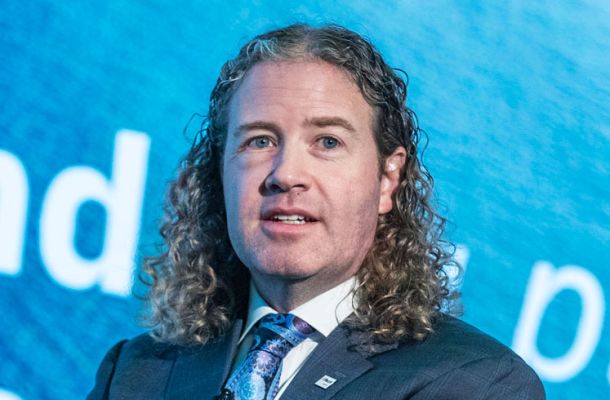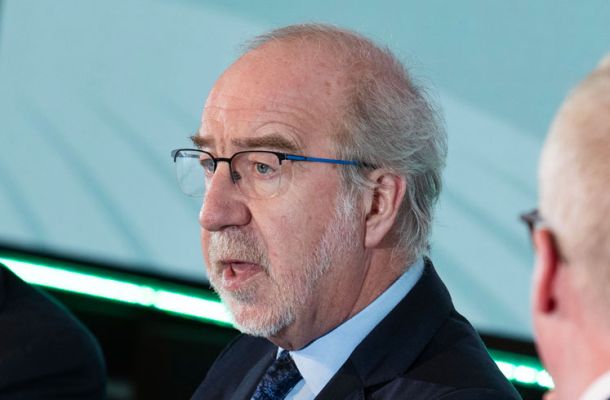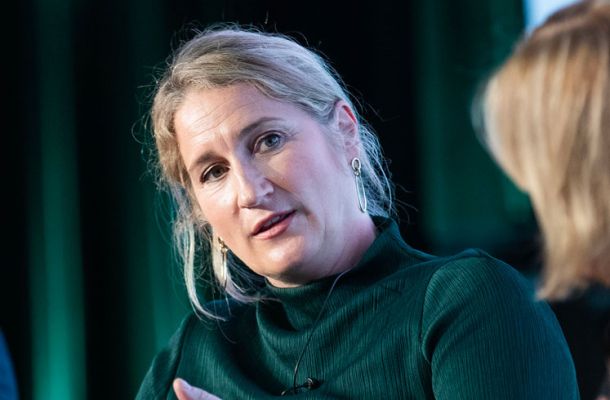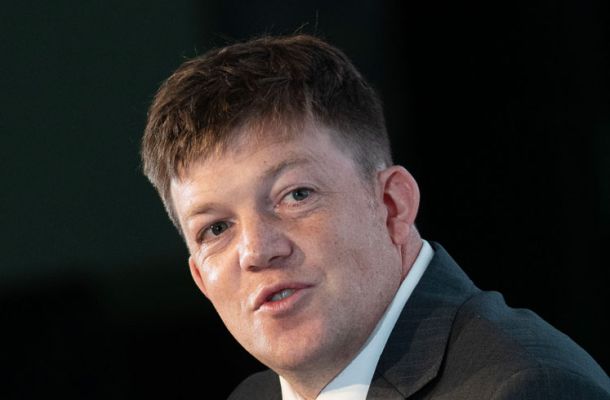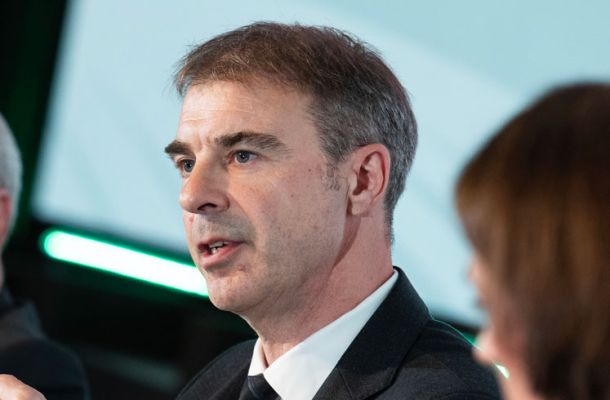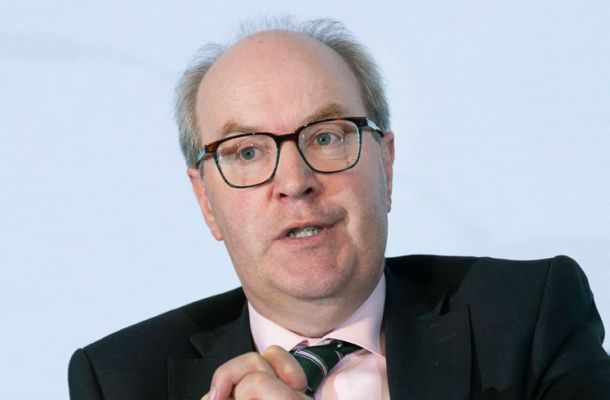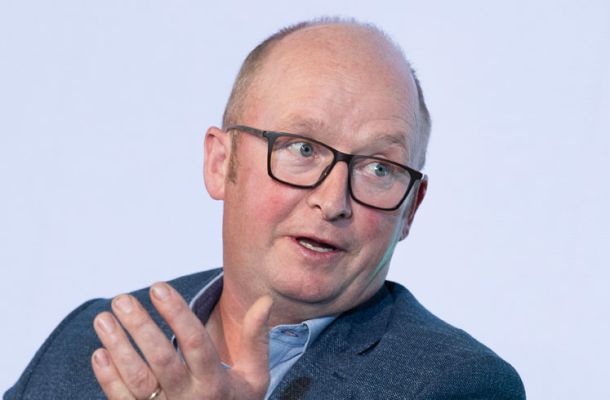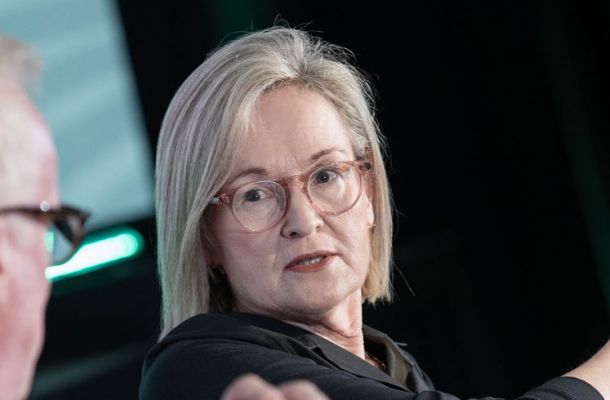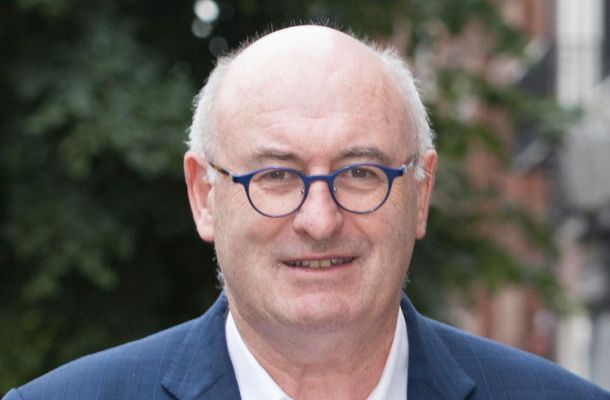ASA conference – standout quotes
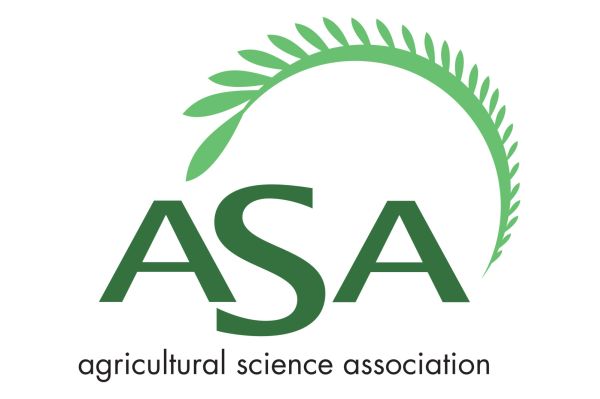
Mark Lyons
We need to have more actions based on science, rather than soundbites. It is incredible to me, in a country that is not that big, that an urban and rural divide seems to have developed. The connection to the farm is not there in the way it was previously.
Our agricultural industry does not fully realise that it is the envy of the world in terms of the programmes and support bodies we have in place. Bord Bia’s Origin Green, for instance, is something every country wants to replicate.
Where is the conversation in Ireland around sequestration? We are talking so much about emissions and methane. The opportunity is around sequestration and how we can push carbon into our soils. We talk about the atmosphere and our oceans, without realising that our soils contain 2,500 gigatonnes of carbon. This is three times more than is in the atmosphere. This is the biggest potential carbon sink. The biggest opportunity to reduce climate change is agriculture being operated in a way where we are focusing on putting carbon into the soil. We capture more carbon with our cows than without them.
John Clarke
Mercosur will cross the finish line in early 2025. I don’t think the European cattle industry should get its knickers in a twist over the beef concession. The quantity of imports under Mercosur is 99,000 tonnes, a very small proportion of European production and consumption. The quota will be phased in over seven years, so it won’t kick in until 2036. Even if concluded early next year, it will take several years to get through the European Council and European Parliament. There is a tariff attached to the quota of 7.5 per cent and Europe can manage the trade flows during each season and there is a safeguard measure allowing imports to be stopped if the market is disrupted.
Caroline Murphy
There is huge support for local produce. There is also a price ceiling based on what the consumer can afford.
Ian Lahiffe
If you are a beef buyer in China, your minimum order to Brazilian exporters, is for 25 container loads. This year, Brazil is sending 200,000 tonnes more beef to China than in the previous year. China has a beef market requirement of 10 million tonnes every year and cheaper Brazilian imports are putting huge financial pressure on the average Chinese cattle farmer, with domestic beef prices gone through the floor. Ireland is promoting grass-fed beef, but so is Brazil.
Nick Curtis-Davis
The days of huge volume expansion are probably over. A profitable area for Irish food is in premiumisation. It does depend on the category and the market. The benefits to ‘me’ outweigh the benefits to ‘us’. The consumer puts price above sustainability. It is in third place after cost and health considerations.
Sean Molloy
Future opportunities in dairy farming will mainly involve growth in productivity through higher milk solids, for instance, rather than volume growth. In Tirlán, we believe the Nitrates Derogation is critically important and the uncertainty around it is causing much stress and concern.
There is huge demand for our dairy produce, in a world where the ability to produce milk is declining and being constrained.
Tipperary Co-op has a fine milk pool and it’s a neighbouring catchment area. We have communicated our interest in forming an alliance or affiliation with Tipperary, while respecting the process they are engaged in with Arrabawn Co-op.
Jim Mulhall
We are all well aware of our social licence to farm and how the public perceives us is important. Collectively, we must communicate with the consumer around how we produce food and manage our environment. We have a positive story to tell, and we need to tell it regularly.
Mairead McGuinness
If farmers are being asked to do more for the environment, the question arises as to how those actions will be rewarded. The latest Commission report suggests another budget to help in that transition. Will Member States contribute more to the European budget? How will further enlargement be financed? Ireland cannot ask for more supports for farmers without being willing to contribute more itself. Between trade, environment, climate and food budgets, I would hope more policy coherence would emerge.
Fertiliser and protein supply are vulnerabilities for Europe. We are also reliant on imported labour to work in the agriculture and food sectors.
For politicians the multiplicity of farmer representative organisations and their differing demands are difficult to manage.
Phil Hogan
When I started with the Commission in 2014 there was a €5bn trade surplus in the EU’s agriculture and food products. When we finished in 2020 there was a €65 billion surplus. In between, we lost the Russian market because of embargoes over the invasion of Crimea, which impacted on exports from the EU. We undertook 14 trade missions to achieve that increase in exports.
Putting our cooperatives at the centre of the emerging bioeconomy, biodigestion, energy from their produce and other income streams, should be a key strategy to empower farmers.
Our farmers need to be centre stage in closing the loop so that they benefit from the changes ahead. We have a six-month window of opportunity in terms of retaining the Nitrates Derogation. Otherwise, it is going to cost farming and the rural economy dearly.






